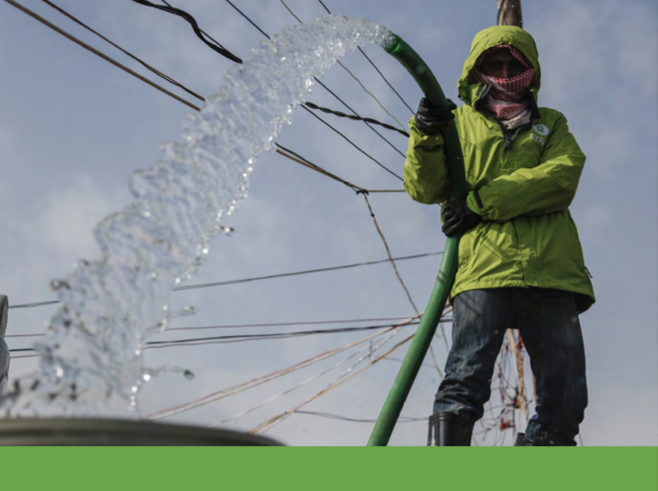Lebanon’s water resources had been under increasing strain due to a combination of mismanagement, climate change, and the influx of Syrian refugees. The arrival of approximately 1.5 million Syrian refugees since 2011 increased water demand by an estimated 8-12%. This further exacerbated the existing challenges of limited water quantity and quality. Informal Tented Settlements (ITS) in North Bekaa were particularly affected, where Syrian refugees often relied on costly and unsustainable water delivery methods, primarily through trucking.
Commissioned by Oxfam, Triangle conducted this comprehensive feasibility assessment that explored the potential for integrating Syrian ITSs into Lebanon’s formal water networks. The study highlighted the current challenges in water provision, such as the over-exploitation of existing sources, the high cost of alternative water supplies, and the financial and administrative deficits faced by Regional Water Establishments (RWEs). By analyzing water usage patterns, costs, and community perceptions, the research aimed to identify sustainable and equitable solutions for water service provision.
The assessment provided critical insights into the benefits of connecting ITSs to formal water systems, emphasizing the need for infrastructure investments, capacity building, and enhanced coordination among stakeholders. It underscored the importance of reducing water network losses, fostering local trust, and ensuring that all communities, including Syrian refugees, had access to reliable and safe water. The findings and recommendations from this study aimed to inform policy and guide future interventions to achieve sustainable water management in Lebanon.
